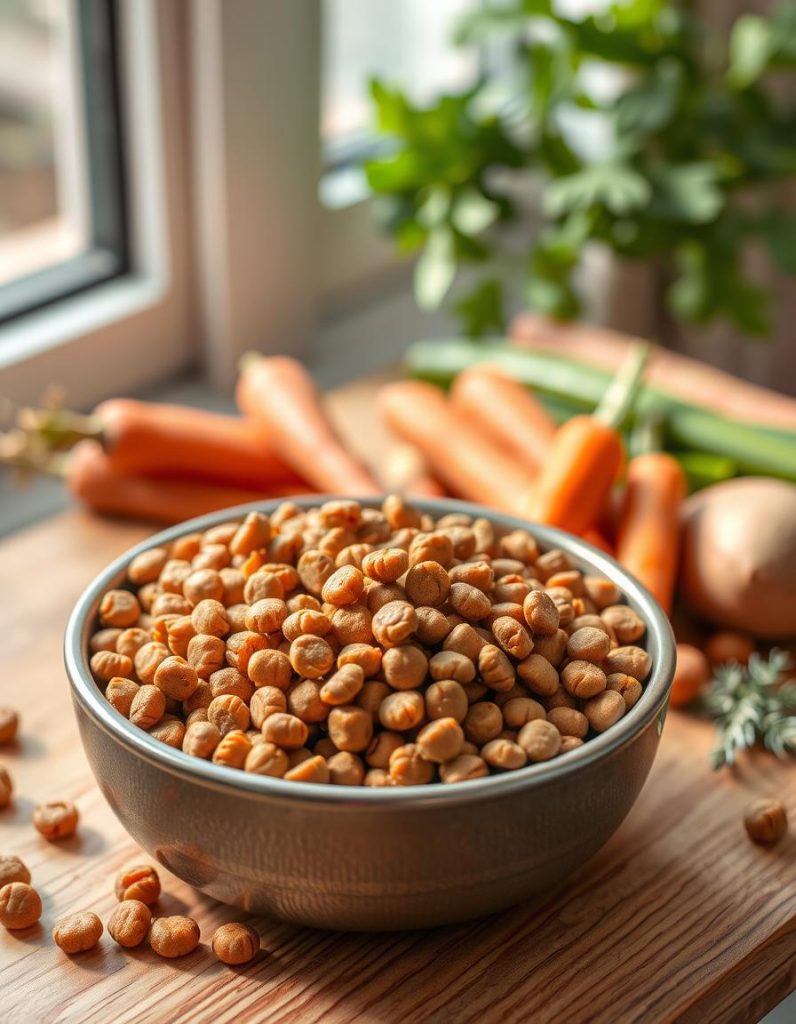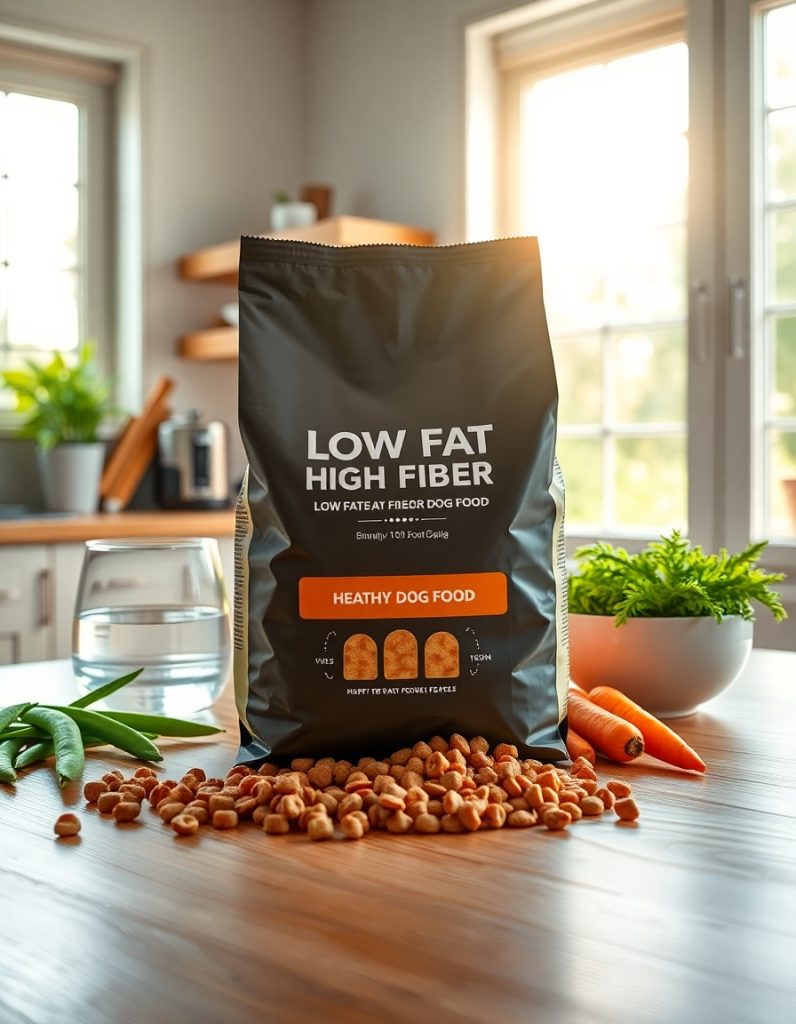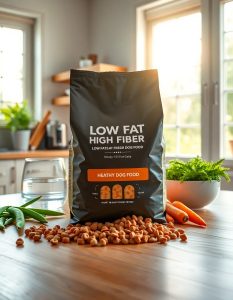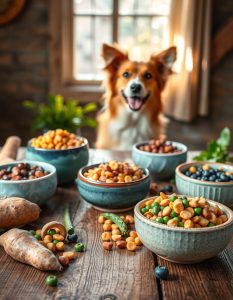Z/D Low Fat Dog Food: Complete Nutrition Guide

When it comes to feeding our furry friends, especially those with sensitive stomachs or health challenges, finding the right food is crucial. The z/d low fat dog food variety has become a popular choice among pet owners looking for a diet that supports digestion and overall health without unnecessary fats. This guide explains everything you need to know about z/d low fat, from its nutritional benefits to how it can support your dog’s well-being.
What Is Z/D Low Fat Dog Food?
Z/D low fat dog food is a specially formulated diet typically used for dogs with food sensitivities, allergies, or digestive issues. It’s a hydrolyzed protein diet, meaning the proteins are broken down into tiny pieces that are less likely to trigger allergic reactions. The low-fat content helps dogs who may have trouble digesting fats or need to manage their weight.
This type of food is often recommended by veterinarians for dogs dealing with skin problems, digestive troubles, or certain chronic conditions. The idea behind it is to reduce the chances of an allergic response while providing complete nutrition.
Key Nutritional Features of Z/D Low Fat
Understanding what makes z/d low fat unique helps pet owners make informed decisions. Here are the primary nutritional traits:
- Hydrolyzed Protein: Proteins are broken down into smaller components to lower allergen potential.
- Low Fat Content: Supports dogs with fat digestion difficulties and helps maintain a healthy weight.
- Balanced Vitamins and Minerals: Ensures your dog gets essential nutrients for overall health.
- Limited Ingredients: Reduces the risk of exposing your dog to common allergens.
Because of these features, z/d low fat is often used as a therapeutic diet, but some owners also choose it for general health maintenance where allergies or sensitivities are concerns.
Who Should Consider Z/D Low Fat Dog Food?
Not every dog needs a specialized diet, but z/d low fat can be a lifesaver for certain pets. Here’s who might benefit most:
| Condition | How Z/D Low Fat Helps |
|---|---|
| Food Allergies | Hydrolyzed proteins reduce allergic reactions by being easier to digest. |
| Digestive Issues | Low fat aids dogs with pancreatitis or sensitive stomachs. |
| Skin Problems | Eliminating allergens helps improve itching and irritation. |
| Weight Management | Lower fat content supports healthy weight without sacrificing nutrition. |
Consulting your vet is the best way to ensure this diet is right for your dog, especially since it’s a specialized formula.
Benefits of Choosing Z/D Low Fat for Your Dog
Choosing the right diet is more than just picking the tastiest option. Z/D low fat provides several benefits that can boost your dog’s health and happiness:
- Improved Digestive Comfort: Less fat means easier digestion, reducing tummy troubles.
- Reduced Allergic Reactions: Hydrolyzed proteins help control allergic flare-ups, giving relief to itchy, irritated pets.
- Complete Nutrition: Contains all the vitamins and minerals your dog needs to thrive.
- Supports Skin and Coat Health: Helps maintain a shiny coat free from allergy-related dullness or hair loss.
Many pet owners notice positive changes within weeks, showing that z/d low fat can be a game-changer in managing chronic issues.
How to Transition Your Dog to Z/D Low Fat
Switching your dog’s diet requires patience to avoid stomach upsets. Here’s a simple approach to transition your dog safely:
- Start Slowly: Mix 25% of the new z/d low fat food with 75% of the old food on day one.
- Gradually Increase: Over the next 7-10 days, increase the new food while reducing the old.
- Observe: Watch for any signs of digestive distress or allergic reactions.
- Consult Vet: If any issues arise, reach out to your veterinarian for guidance.
Consistency is key here – sudden changes might cause upset tummies, so take it slow and steady.
Common Ingredients in Z/D Low Fat
Unlike regular dog foods loaded with multiple proteins and additives, z/d low fat keeps its ingredient list simple. Here’s a typical ingredient breakdown:
| Ingredient | Purpose |
|---|---|
| Hydrolyzed Chicken Liver | Main protein source, broken down to reduce allergenicity. |
| Rice Starch | Carbohydrate source, easy to digest. |
| Vegetable Oils | Provide essential fatty acids but kept low for fat control. |
| Vitamins & Minerals | Support immune system and overall health. |
This limited and specific ingredient list helps reduce the chances of triggering allergies and supports easier digestion.
Is Z/D Low Fat Suitable for Puppies and Senior Dogs?
Puppies and seniors have different nutritional needs, so it is important to consider if z/d low fat fits their diet. Puppies need more calories and nutrients for growth, which might mean they require a different formula. Senior dogs often benefit from lower fat and easily digestible foods, making z/d low fat a considerate choice for some older pets, especially those with health concerns. Always check with your veterinarian before making changes to these life stages.
Feeding Tips and Tricks
Here are some helpful tips to make feeding z/d low fat more enjoyable for your dog and simpler for you:
- Stick to Meal Times: Regular feeding schedules help digestion and reduce begging behavior.
- Use Warm Water: Adding a bit of warm water can soften the food and bring out aroma, tempting picky eaters.
- Monitor Weight: Keep an eye on your dog’s weight to ensure the low fat content is working effectively.
- Reward with Care: Use vet-approved treats or healthy snacks for kids during training to maintain a balanced diet.
Remember, treats should complement the diet, not replace it. Something like the [healthy snacks for kids] can inspire ideas for wholesome, low-fat treats for dogs too!
Potential Drawbacks of Z/D Low Fat
No dog food is perfect for every dog. While z/d low fat offers many benefits, some challenges exist:
- Cost: Special diets tend to be pricier than regular dog foods.
- Taste Preferences: Some dogs might be picky about the taste or texture.
- Not a Long-Term Solution for Every Case: Some dogs might need additional supplements or diets depending on their condition.
Understanding these helps pet owners weigh their choices carefully and ensures realistic expectations.
Conclusion
Z/D low fat dog food offers a thoughtful approach to feeding dogs with allergies, digestive issues, or those needing a low-fat diet. Its hydrolyzed proteins and balanced nutrient profile support sensitive stomachs while providing the vital nutrition all dogs require. While it may not be the right fit for every dog, many pets thrive on this diet, experiencing relief from allergies and digestive discomfort. As always, partnering with your veterinarian ensures you meet your furry friend’s specific needs, keeping tails wagging and coats shiny for years to come.







